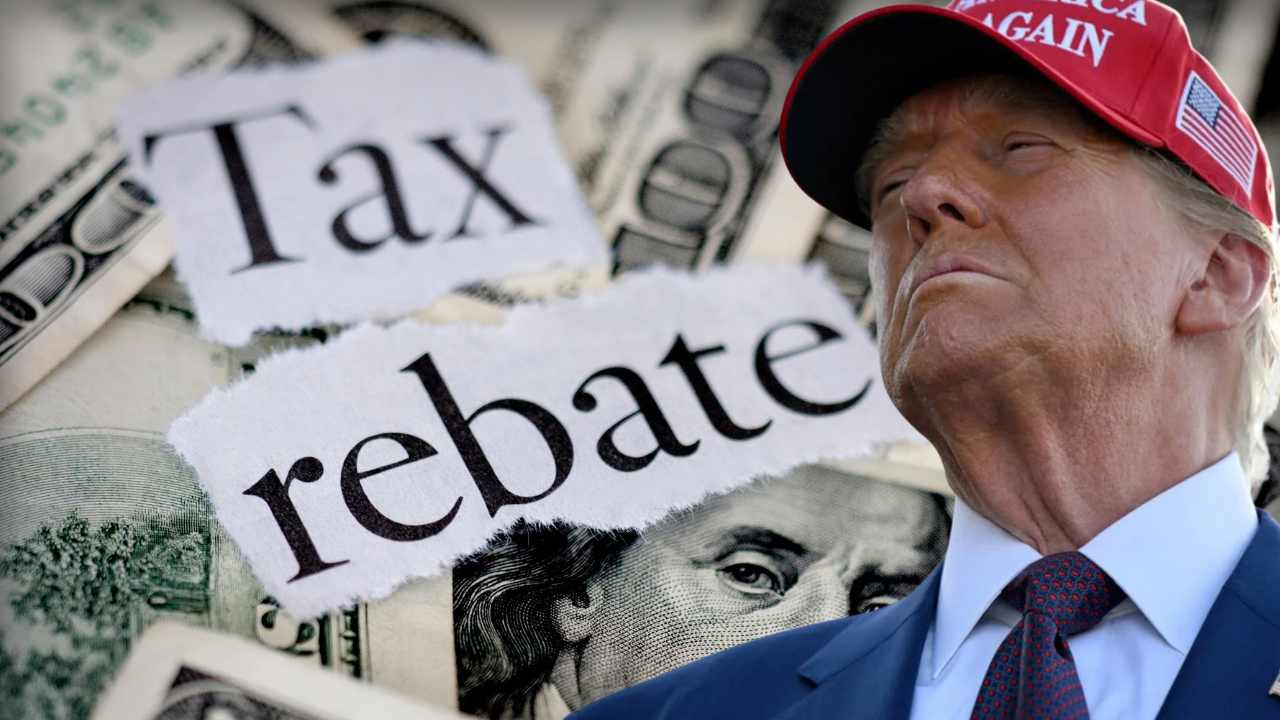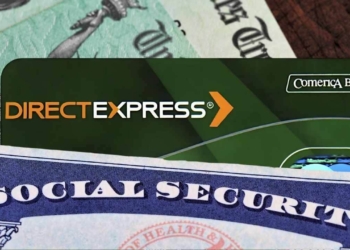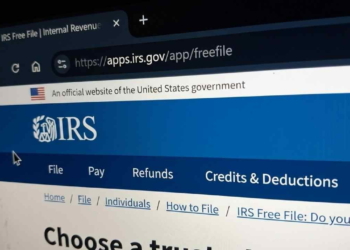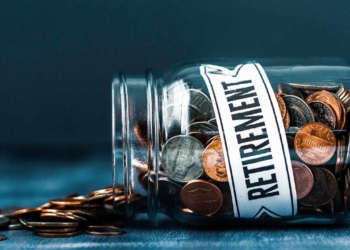What if you received an unexpected tax rebate check for $2,000 to help with household expenses, groceries, or simply to save? That’s the idea being discussed, which promises to send direct payments to millions of Americans, funded entirely by government import tariffs.
The initiative, presented as a “tariff dividend,” seeks to return a portion of the revenue generated by these trade tariffs to working families. The stated goal is to alleviate the financial strain many people are currently experiencing due to the rising cost of living.
Who could receive this tax rebate money?
The proposal specifically targets individuals and families with moderate and middle incomes. While the exact thresholds haven’t been defined, preliminary analyses suggest the benefit could be available to adults with annual incomes up to $100,000, covering approximately 150 million people.
If the plan were extended to everyone, including children, the total cost would be astronomical, nearing $600 billion.
The big question: Where would the money come from?
The plan is to fund it exclusively with revenue from tariffs. Last year alone, these tariffs generated nearly $195 billion. Proponents of the idea project that the new policies could raise that figure to between $200 billion and $300 billion annually.
However, some economists point out that the numbers may not be so simple. They warn that for every dollar raised in tariffs, a portion of other taxes is lost, reducing net disposable income. Even a targeted program could consume all of these funds and require additional financing.
When and how could this become a reality?
If everything proceeds as planned by its proponents, the checks could arrive around mid-2026. However, for this to happen, Congress would have to pass a law, a process that is not guaranteed and has been a barrier to similar ideas in the past.
Furthermore, the plan faces other challenges, in judicial instances. The Supreme Court is currently reviewing the constitutionality of the tariffs on which this proposal is based. An unfavorable ruling could eliminate the entire source of funding. Additionally, there is skepticism within some sectors, who would prefer to use all that money to reduce the national debt rather than distribute it.
The American Worker Rebate Act proposal of 2025
The American Worker Rebate Act of 2025 is a bill introduced by Republican Senator Josh Hawley of Missouri on July 28, 2025. This initiative seeks to use revenue generated from tariffs imposed on foreign imports during the Trump administration to send direct payments (rebates) to millions of Americans, similar to the stimulus checks distributed during the COVID-19 pandemic under the CARES Act of 2020.
The idea stems directly from comments made by President Donald Trump, who in late July 2025 mentioned the possibility of providing a “small rebate” to citizens using a portion of the record tariff revenue. Hawley acted quickly to turn that suggestion into concrete legislation.
Hawley emphasized that the tariffs have generated record revenues: nearly $30 billion was collected in June 2025 alone, and projections indicate that this could exceed $150 billion or even $300 billion annually. The goal is to redistribute these funds directly to families to offset the rising cost of living and compensate for any negative impact of the tariffs on the prices of imported goods.
The bill, numbered asS. 2475In the 119th Congress, the Internal Revenue Code of 1986 was amended to create a new refundable tax credit funded exclusively by tariff revenues. Its main provisions are:
- Minimum payment amount: At least $600 per adult and $600 per dependent childFor a typical family of four (two adults and two children), this would mean a minimum of$2,400.
- Possibility of higher amountsIf tariff revenues exceed projections, the refund per person could increase.
- Eligibility and phase-out:
- Similar to the 2020 stimulus: the full credit would be available to most low- and middle-income households.
- Phase-out for higher incomes: for example, it is reduced by 5% for joint filers with adjusted gross income above $150,000, or for individual filers above $75,000.
- Excludes nonresidents, trusts, estates, and dependents claimed on another return.
- Delivery method: As a refundable advance tax credit, sent by direct deposit or check, similar to previous stimulus payments.
- Public information campaignThe Treasury Department would conduct a campaign to inform the public, especially those who did not file a recent tax return.
- Exclusive financingRefunds would be paid solely from customs duty revenue, without resorting to additional debt or other taxes.
The project explicitly states as national policy “to use the revenue collected from tariffs on foreign imports to provide relief to working people through immediate tax refunds.”







